Anti-bride trafficking crusader Shafiqur Rahman Khan to be the first Indian recipient of the Grinnell Prize 2019
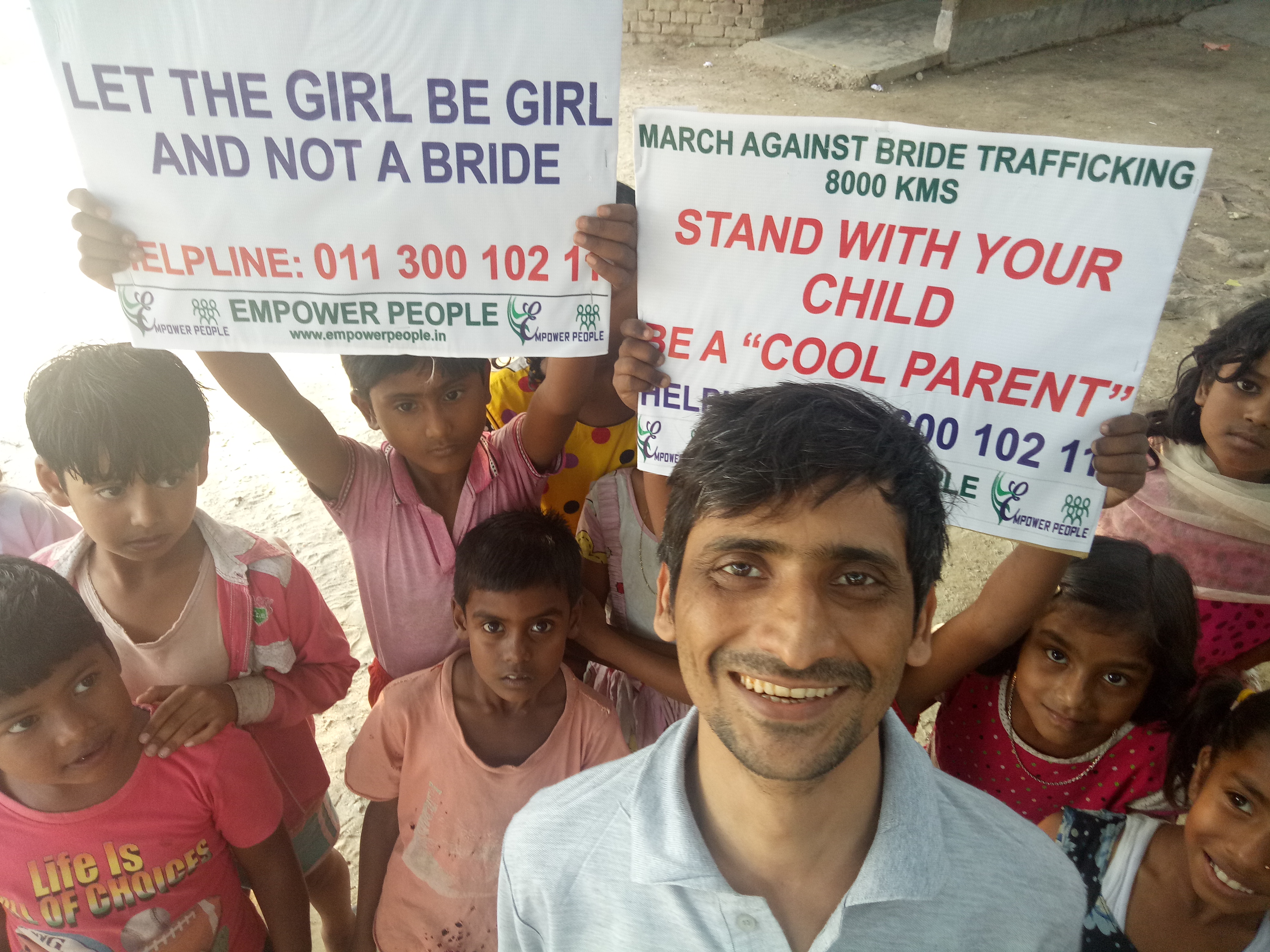
Nikhat Fatima, TwoCircles.net
Shafiqur Rahman Khan has won the Grinnell prize for his outstanding work in eradicating the Indian bride trafficking trade (the selling of women into often multiple forced marriages) and empowering the agency and leadership of survivors.
The Grinnell College Innovator for Social Justice Prize (the Grinnell Prize) honours individuals who have demonstrated leadership in their fields and who show creativity, commitment, and extraordinary accomplishment in effecting positive social change.
And for this year they have chosen a young dynamic social activist Shafiq ur Rahman Khan, who is the first Indian who will be receiving the award on October 2019 at Iowa, United States of America.
Shafiq, 35 years, hails from Gaya, Bihar. His foray in the field of activism was at the tender age of 15 when he joined the communist party with the hope of working for the well-being of the poor. But after working for almost 4 years with the party, he moved away because he was not satisfied.
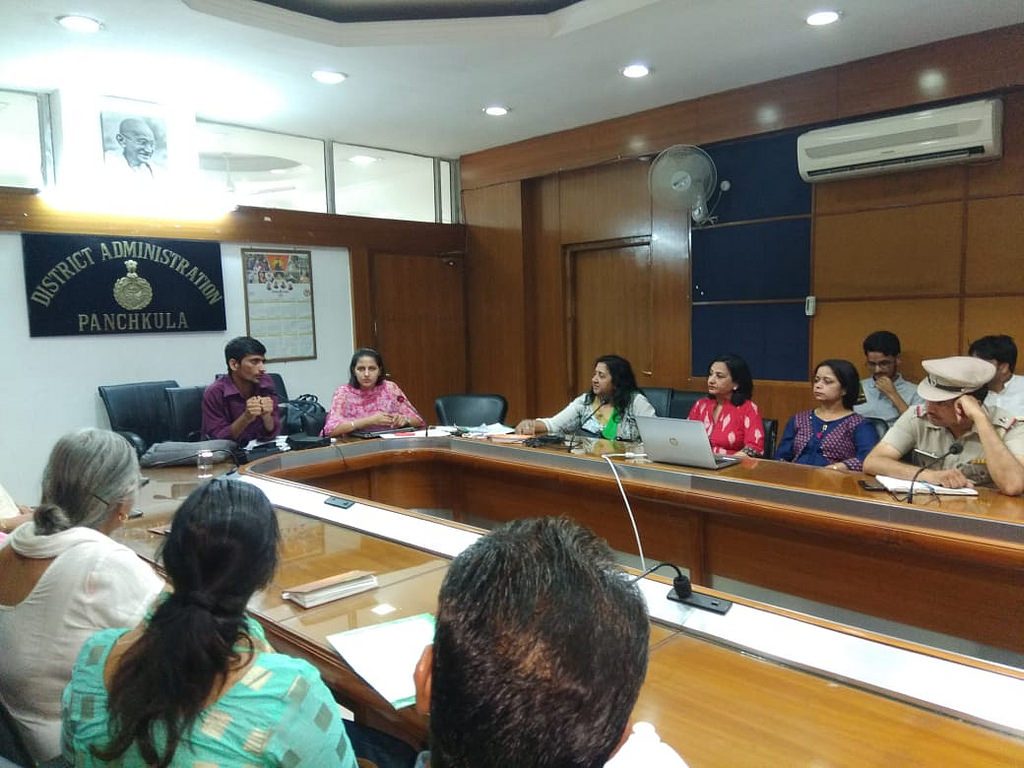
“I spent almost 4 years in the party where I saw the pathetic plight of people entrenched in poverty, bonded labour and the power equations that ensured the divide between the rich and poor remained wide,” He told TwoCircles.net in a conversation.
In 2004 he moved to Delhi for exploring his interests. In Delhi, he saw the same sight – the sad plight of migrant workers and their sufferings.
Shafiq met Swami Agniwesh, a Hindu religious leader, and chairperson of Bonded labour liberation front who was at that time, also working against sex-selective abortions. He became part of the back office team for ‘Multipath march against Female feticide’. Through his work on the team, Shafiq became aware of power dynamics concerning gender and came to believe that many societal values were the “enemy of women.”
He began to read various feminist writers, one of them Kamla Bhasin, who later became his mentor and through whom he was introduced to feminist land rights activists. He learnt about the systemic nature of women’s oppression and the importance of land rights for women.
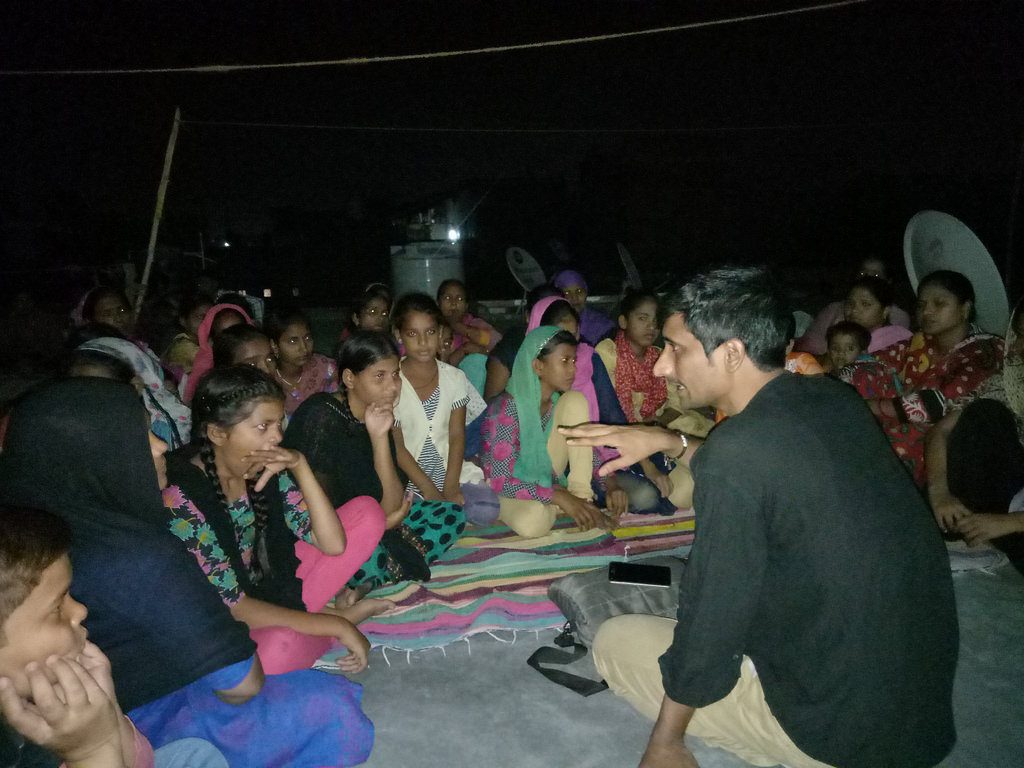
He began his bachelor’s in social work (BSW) in 2006 and it was during these days, when he was in a village to study about female feticide, he saw a trafficked bride who wanted help, but his co-travellers advised him to avoid getting into the matter out of fear.
He was haunted by her story and after a month went back to that village to meet with her. He learnt that she had been sold to another man. It was a shock for him to learn about how men were buying and selling women in broad daylight.
Upon his return to Delhi, his mentor, Kamla Bhasin, advised him that to work for justice and that men must also work to support the rights of women. She encouraged Shafiq to prepare a plan for the change he wants to see. He did so and received a fellowship to implement his plan and became the first male fellow of Jagori, a prominent feminist organization in Delhi.
He founded his organisation ‘‘Empower People’’ in 2006.
“ I wanted to provide alternatives to women who were trafficked in the name of marriage. There was no organisation working with these women at that time. Even today many organisations see this problem as an issue with law and order. They focus on the criminal aspect of the problem whereas we believe that bride trafficking is a social problem and can be uprooted if we engage with the people.” Said Shafiq.
“Initially I started with monetary support for the members of the organisation and then we started mobilising funds from other individuals and organisations who were like mind and who wanted to help these women,'' Says Shafiq, “And soon fundraising became a part of our strategy as we simultaneously made people aware of the seriousness of bride trafficking and what our organisation ‘‘Empower People’’ was doing to address this issue,” He added talking about the difficulties he faced when he started his NGO.
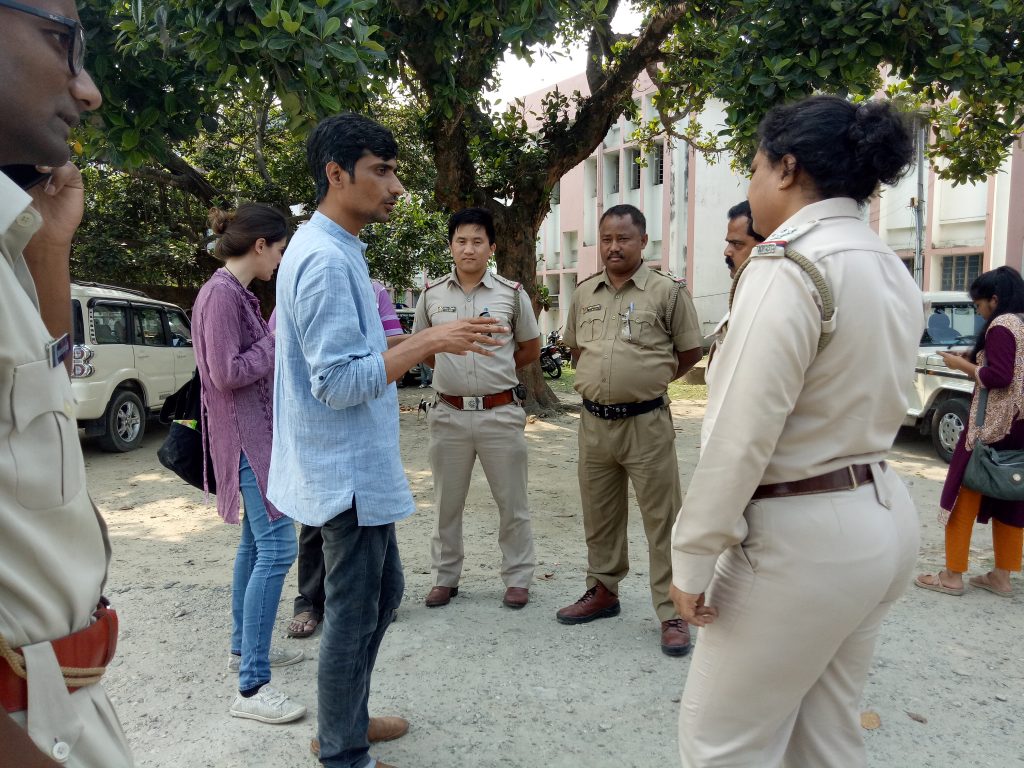
‘Empower People’ is based out of New Delhi India and operates in many regions across North and East India, most notably in the Mewat district of Haryana. The organization works to support law enforcement agencies and families of trafficked brides by locating and rescuing missing girls and women. The organization then ensures follow-up through an intensive rehabilitation and tracking process that aims to ensure that the women and their ostracized children live safer, more equitable lives and do not fall prey to trafficking again.
It was not easy to break this chain. So Shafiq began engaging with the youth first and making them aware of Human rights and about how the rights of the girls are being violated. What happens to the girls who are sold in the name of marriage. A sham marriage takes place and then the man takes the girl away from the village where after using her, sells her to another man and then he sells to another - so it goes.
Girls from their villages were also being trafficked thus so it made sense to the youth to fight against this evil. And gradually the women and men also joined in. There were older women who were victims of bride trafficking in the village. And they came out in the open to share their stories.
Now, in addition to being CEO of ‘Empower People’, Shafiq also works to recruit male allies to the causes the organization promotes.
Shafiq understood that being a male places him in a unique position to challenge patriarchy. So he continuously works to convince other men of the importance of granting women power and agency. In order to change minds, behaviour, and systems of oppression Shafiq organizes informal groups of village men and religious leaders to talk about issues of justice, gender equality, education, land rights, domestic violence, honour crimes, issues related to dowry, “shares of the daughter” in inheritance, and rights of women in general.
It is not always that the women want to be repatriated with their families; some women prefer not to go back to their families. And for such families, ‘‘Empower People’’ develops local communities of support and solidarity, among trafficked brides. Led by the trafficked women themselves and supported by ‘‘Empower People’’, these “communes” provide trafficked brides and their children with the education, resources, and skills they need to gain independence, to access justice, to avoid future trafficking, and to encourage men to accept new ideas about equality and ways of behaving.
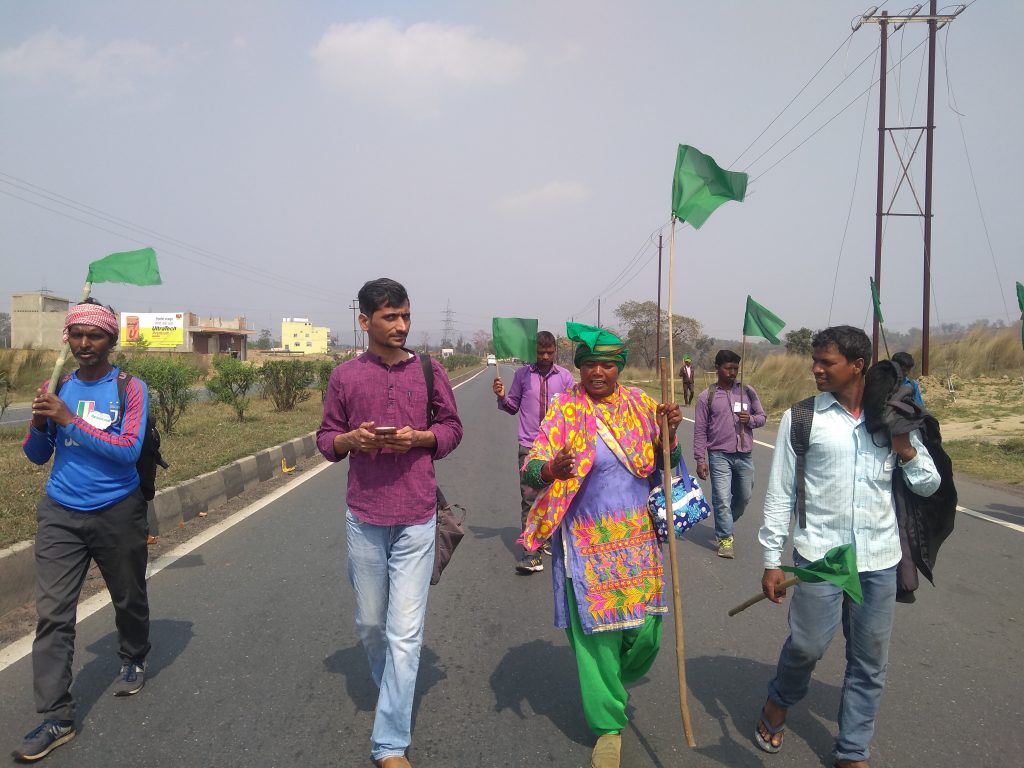
Till date, Shafiq and ‘Empower People’ have rescued and rehabilitated nearly 4000 trafficked women and girls, intervened in cases of honour killings, and taken up more than 25000 cases of domestic violence.
Through the support of ‘Empower People’, approximately 3,000 girls are continuing their education and 12,650 children of trafficked women are attending school in 85 villages of 10 Indian states.
“Today, the local villagers themselves take the initiation and rescue the girls. They go to the police and seek their intervention” he said proudly.
All his work has been recognised and the trustees of Grinnell College have conferred him the Grinnell College Innovator for Social Justice Prize (the Grinnell Prize) which consists of 1 lakh USD dollars - $50,000 for the organisation and $50,000 for him.
“The Grinnell prize will be helpful for all of us working with ‘Empower People’, it will also help our organization in setting up a training centre for Survivor leaders. The award will also make people notice our work. And show to the rest of India about bride trafficking which is not just a social crime but one that violates the basic human rights of a woman” concluded Shafiq with happiness.
